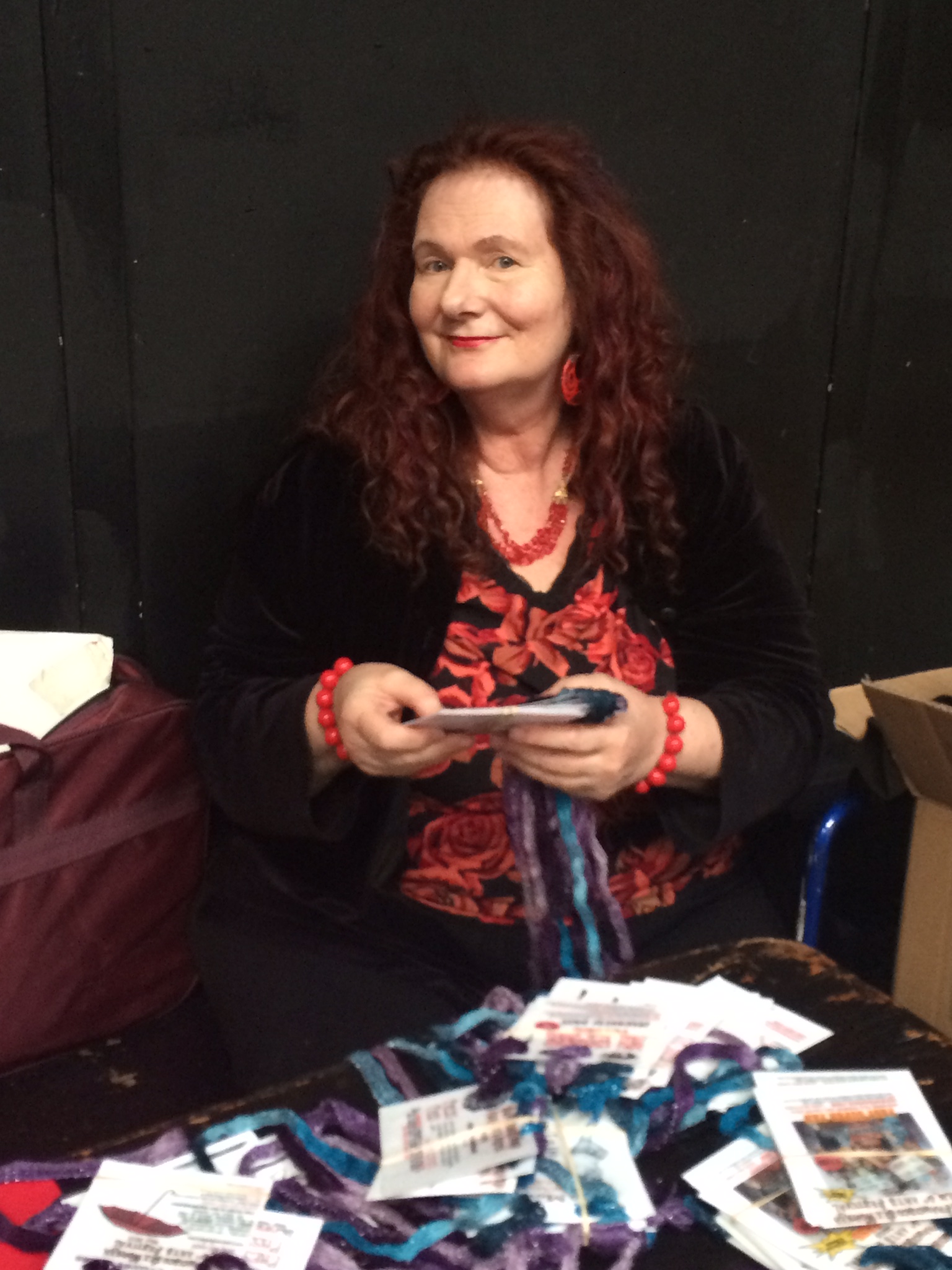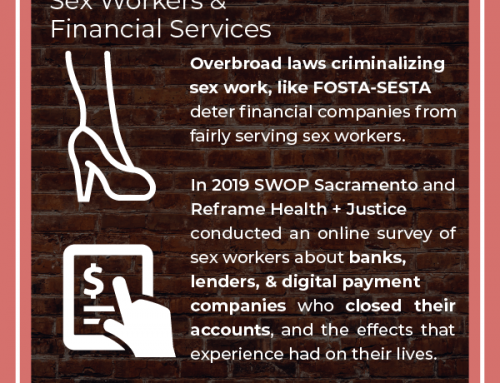On November 20, Sex Workers Outreach Project will join trans communities in recognizing Trans Day of Remembrance. The Day of Remembrance began in 1998 in Boston, as the trans community mobilized around the murder of activist and advocate Rita Hestler. The vigils and speak outs held around the country are a moving and stark reminder that for millions of transgender people worldwide, the fight for survival continues.
This year, 12 of 41 sex workers murdered in the United States were trans women (29% of sex worker homicides), and 11 were trans women of color. This is a continuation of trends identified in 2012 Anti Violence Project (AVP) Report which found that 50% of GLBT homicide victims were trans women of color, and 23% homicides were connected to sex work. On this day, we stand in solidarity with trans communities and recognize that violence against trans women, especially trans women of color, is central to our fight to end violence against individuals involved in the sex trade. For us, TDOR is a call to end the discrimination and social isolation that pushes many trans and gender-nonconforming individuals, especially trans communities of color to engage in street economies, and which results in disproportionate violence, criminalization, and marginalization from helping services for trans women engaged in street economies and the sex trade.
As a movement, we recognize the daily violence that trans people, especially trans women and especially trans women of color face. When we look at the U.S. names this year, we see and call to end a chain of structural and interpersonal violence because of race, class, gender identity, and engagement in street-based economies and the sex trade.
We see a cycle where trans and gender-conforming individuals are pushed out of schools and removed from and kicked out of homes, are profiled, arrested and charged with petty crimes, and are discriminated against by the police, by employers, and by helping systems. Discrimination leads to (and is compounded by) lack of educational opportunity and criminal records, pushing trans women of color into the criminalized forms of work that they are so frequently profiled as engaging in.
In the sex trade, these individuals are often pushed into more dangerous environments because of gender identity, race, and education, and they are disproportionately discriminated against by helping systems, police, and corrections officers and face disproportionate violence compared to their cis gender peers.
For us, TDOR is a call to end systemic violence, criminalization and discrimination against black women, trans women, and sex workers. We need to fight things that push trans and gender non-conforming individuals, especially trans women of color into the sex trade: unequal treatment in schools, DCFS, and juvenile court systems, by helping systems. We need to end police profiling & criminalization of non-violence survival crimes like sex work. We need to halt discrimination by employers, case managers, educational institutions, police, and criminal justice systems. And rather than accepting the vulnerability of sex workers, we need to fight factors that make people who do engage in sex work vulnerable.
Trans Day of Remembrance Facts
– 12 trans women who engaged in sex work were murdered in United States in 2015 and comprised 29% of all U.S. sex worker homicide victims. 10 of these trans women were black. One was Latina. 10 were 35 or younger, and 50% were 25 or younger.
– 23% of 2012 GLBT homicides in the United States were connected to sex work, continuing a trend from 2011 and 2010 where 22% and 18% of homicides were connected to sex work.
– 4 in 5 trans women in D.C. have been verbally, physically or sexually assaulted. 44% of D.C. trans women were denied a job they were qualified for, 45% were discriminated against at work, and 41% have worked in the sex industry.
– 40 percent of transgender inmates in the United States reported sexual victimization compared to 4 percent of all inmates. Nearly one in six transgender people (16%) (including 21% of transgender women) have been incarcerated at some point, and 47% of black transgender people have been incarcerated.
– Transgender people engage in sex work at a rate ten times that of cis gender women, and 13% of transgender people who experience family rejection have done sex work.
– Black (53%) and Latino/a (34%) trans women have extremely high rates of underground work, likely related in part to structural exclusion from educational systems and dramatically higher rates of employment discrimination.
– Trans women of color were more likely to have reported having done sex work: 44% of African-American and 28% of Latin/a transpersons reported engaging in the sex trade.
– 33% of trans women without a high school diploma engaged in sex work, compared to only 7% with BA degrees.
– Trans women who did sex work were almost four times as likely to have been incarcerated (48%) than trans women who did not engage in sex work (16%).
– Trans women with sex trade experience were 25 times as likely to be HIV-positive (15.32%) than the general population (0.6%).
– 60% of trans women with sex work experience had attempted suicide, a rate more than 37 times that of the general population (1.6%).
– 29% of trans women who experienced domestic violence reported engaging in sex work for income.
– Trans women who had experienced homelessness were 2.5 times more likely to have been incarcerated (34%) than those who had not (13%), and were more than four times more likely to have done sex work for income (33%) than those who had not (8%). They were more likely to be HIV-positive (7.12%) than those who had not (1.97%) and were much more likely to have attempted suicide (69%) than those who had not (38%).





